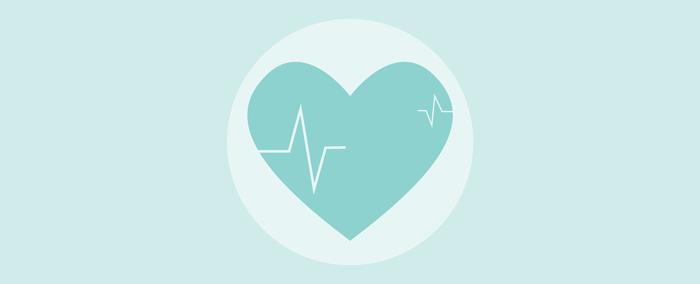
Most of us have seen an x-ray, which creates pictures of the inside of our body. Bones look white on x-ray (think skeleton), as the calcium in bones absorbs x-rays the most. Calcium is also found in cholesterol plaques in the coronary (heart) arteries. These plaques develop over time, often long before there are any symptoms of heart disease. A coronary calcium score test, done with a specialized x-ray, a CAT scan, creates pictures of the coronary arteries. When the coronary calcium scan pictures are analyzed, the amount of calcium present in each coronary artery is added to obtain a total calcium "score". Calcium score data is helps your doctor determine your overall heart attack risk. It is also beneficial in determining the appropriate heart disease prevention therapies, including the use of medications, diet and lifestyle changes. A score of zero means no calcium is present and suggests a low likelihood to develop a heart attack in the next five to ten years. When calcium is present, the higher the score, the higher the risk of heart attacks in the future. If you already know that you have coronary artery disease, a coronary calcium score would typically not be of high value. It is most often used as a screening tool when your risk is unclear.
So what happens during a coronary calcium test? The procedure is scheduled at a hospital or outpatient center. You may be asked to avoid caffeine and smoking for a few hours before the test. EKG patches may be applied to your chest, as your heart activity is recorded while the CAT scan is taking the pictures of your heart. The procedure itself should take only 10-15 minutes. There are no special precautions to take after having the scan done. These tests are not typically covered by insurance since they are considered a screening test. They typically are affordable, running between $25 to $50. Some facilities require an order from your health care provider while others will allow you to schedule the testing without an order.
Your doctor will discuss your results with you. Remember that this data is a tool that provides more information for your doctor in helping you achieve your goal of minimizing your risk of future heart disease!
